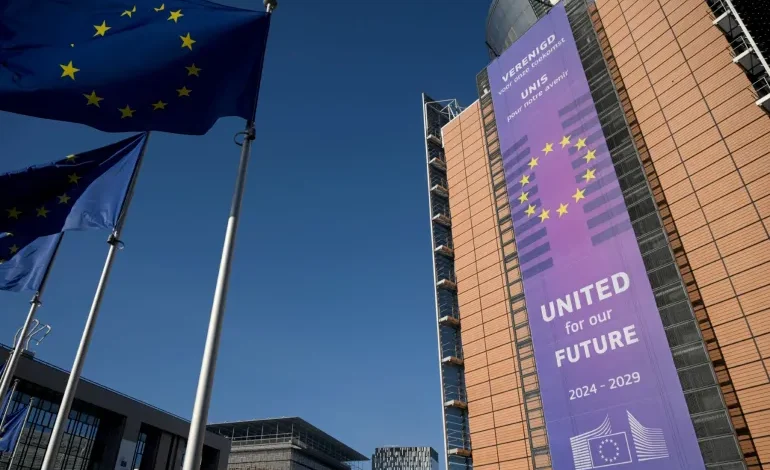The European Union has announced plans to loosen some of the world’s toughest digital regulations, arguing that its dense web of AI and data privacy laws has begun to strangle innovation across the bloc.
The reform package, unveiled Wednesday by the European Commission under the name “Digital Omnibus,” marks the bloc’s most significant retreat yet from its own landmark AI Act and GDPR-era data protections. The move reflects growing anxiety that Europe’s startups are being suffocated by compliance costs while the US and China surge ahead.
Under the proposal, new risk-management and oversight rules for “high-risk” AI systems would be pushed back to 2027, and companies would be allowed to use anonymised personal data to train AI models, a shift that privacy advocates warn could open the door to misuse.
The package also trims bureaucratic fat elsewhere: cutting cookie-consent pop-ups, reducing paperwork for small firms, and simplifying cybersecurity and data protection requirements.
EU tech chief Henna Virkkunen framed the reforms as a necessary recalibration.
“We have talent, infrastructure, a large internal single market. But our companies, especially our start-ups and small businesses, are often held back by layers of rigid rules,” she said.
But while Big Tech lobbyists cheered the direction, they said the bloc hadn’t gone far enough. The Computer & Communications Industry Association, which represents companies like Google, Apple, and Meta, welcomed the Omnibus but called it a half measure.
“The Omnibus misses critical opportunities to raise the outdated compute threshold for identifying AI models which pose a ‘systemic risk,’ and fails to fix problematic wording on the extraterritoriality of copyright provisions,” the group said.
Privacy campaigners, meanwhile, are furious. Max Schrems of NOYB, Europe’s best-known data rights advocate, blasted the reforms as a sellout.
“This is the biggest attack on Europe’s digital rights in years,” he said. “When the commission states that it ‘maintains the highest standards,’ it clearly is incorrect. It proposes to undermine these standards.”










The latest news in your social feeds
Subscribe to our social media platforms to stay tuned